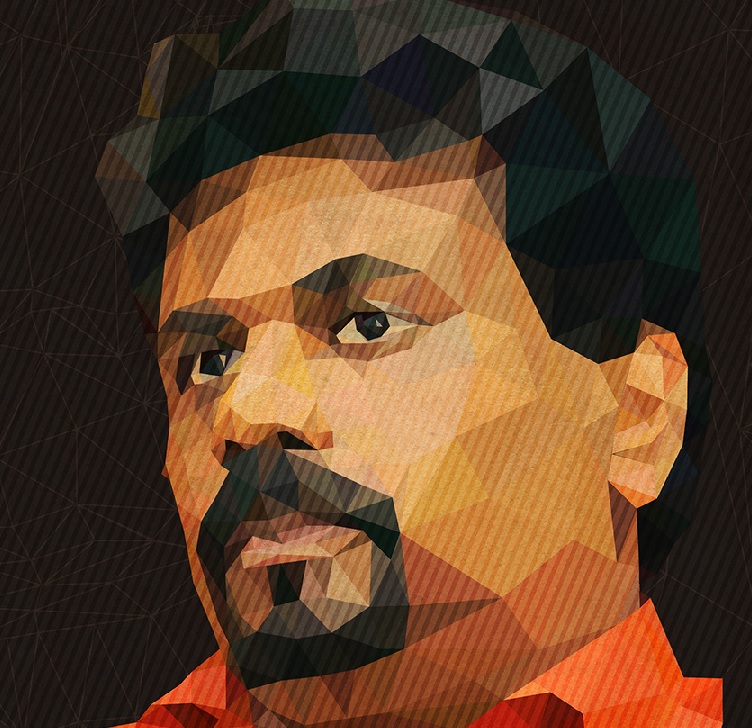Anura Kumara Dissanayake: A Vision for Change in Sri Lanka
In an exclusive interview with the Daily Mirror, Anura Kumara Dissanayake (AKD), the leader of the National People’s Power (NPP) and a candidate in the upcoming presidential election, expressed his commitment to addressing the corruption that has contributed to Sri Lanka’s economic crisis. Dissanayake emphasized that, if elected, he would not seek political revenge but instead focus on delivering justice for the people.
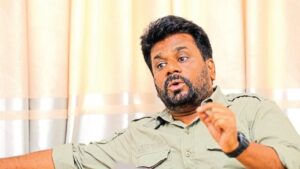
Political Confidence Amidst Change
Reflecting on his previous presidential run in 2019, Dissanayake acknowledged the challenges ahead, particularly the need to secure at least 50% of the vote. However, he articulated a sense of optimism, citing two key conditions necessary for political transformation: the inability of current leaders to maintain their grip on power and a public discontent with their everyday lives. “The situation has arisen where our country needs to be taken on a different path,” he asserted, highlighting the shared aspirations between the NPP and the citizens who ousted an executive president and disrupted a government with a two-thirds majority.
Dissanayake pointed out that the two major parties, the UNP and SLPP, have failed to meet the public’s expectations. “These leaders are old and do not seem to resonate with the new world,” he stated, arguing that the electorate is more active and aware than ever. He believes that his party represents a significant shift in Sri Lanka’s political landscape, stating, “The people’s aspirations and our aspirations have come together. Therefore, we can win.”
Addressing Past Controversies
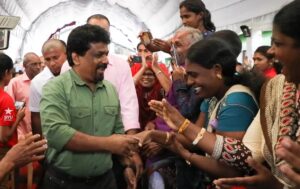
Given the JVP’s controversial history, particularly the events surrounding the 1988/89 riots, Dissanayake faced questions about his party’s past and how it would influence his leadership. He asserted that the incidents of the late 1980s were rooted in a broader political struggle rather than spontaneous violence. “Our strongest path was to take the democratic route,” he stated, emphasizing the JVP’s commitment to democratic principles since its re-entry into politics in 1994.
Dissanayake acknowledged past mistakes but maintained that his party has consistently advocated for democracy and human rights. He argued that the political landscape has shifted significantly since those days, with the NPP having a strong internal democracy and a commitment to responsible governance.
The Aragalaya Movement and Allegations
The Aragalaya protests, which called for systemic change in governance, are also a focal point for Dissanayake. He denied any association with the violence that erupted during the protests, stating that the JVP was not involved in orchestrating any attacks against protesters. “More than 90% of those arrested in connection with the May 9 incidents had an SLPP background,” he clarified, distancing his party from the violence that marred the protests.
Economic Policies and Transparency
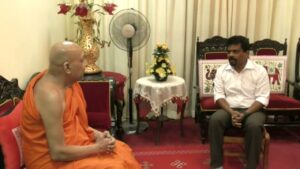
Dissanayake faced scrutiny regarding the NPP’s economic policies, particularly in light of the ongoing IMF agreement. He expressed support for the IMF’s framework but called for adjustments to taxation on essentials like food, medicine, and education to alleviate the burden on the poor. He pledged to create a favorable environment for investment, reduce electricity costs, and promote transparency in governance.
When questioned about his funding sources for foreign trips, Dissanayake explained that his travels to India and China were funded by those governments, while other trips were supported by contributions from Sri Lankan immigrant workers. He emphasized the need for transparency, stating that his party’s financial reports are submitted annually to the Elections Commission.
A Focus on Justice and Reform
Looking ahead, Dissanayake reiterated his party’s commitment to addressing corruption and ensuring accountability among public officials. “We are coming to power not to take revenge from anyone but to mete out justice,” he affirmed. He expressed concern that corruption has stifled Sri Lanka’s potential for growth and investment, pointing to the prioritization of non-essential projects over critical infrastructure development.
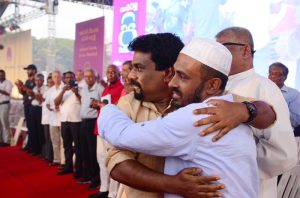
As the election approaches, Dissanayake’s vision centers on fostering economic democracy, supporting marginalized communities, and restoring public trust in governance. His commitment to addressing the issues of the past, alongside a focus on progressive economic policies, presents a compelling case for his leadership in a country yearning for change



